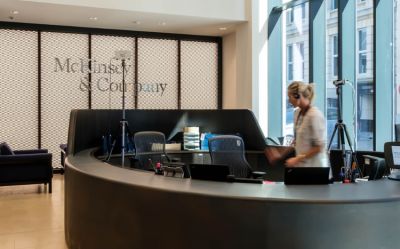Interview Preparation: How to Feel Confident and Impress Employers
A clear, practical framework to reduce stress, structure your answers, and show genuine interest in the role.
Why preparation matters
Walking into an interview unprepared is like sitting an exam without revision. You may know the material, but nerves and uncertainty can undercut your performance. A structured approach reduces stress and gives you tools to spotlight your best qualifications. Recruiters rarely expect perfection — what stands out is clarity, logic, and calm confidence.
How to get ready
Research the company
Understand products, customers, and values. Tie your answers to the employer’s goals: “Because you’re expanding into X market, my experience launching Y can accelerate adoption.” This instantly sets you apart.
Practice common questions
- “Why this role/company?” Connect your skills and motivation to their roadmap.
- “Tell me about a challenge.” Keep it concise and outcome-focused.
- “What are your strengths/weaknesses?” Pick relevant strengths; for weaknesses, show how you mitigate them.

Use the STAR method
Structure behavioral answers with STAR: Situation (context), Task (goal), Action (what you did), Result (impact, metrics). Example: “Reduced onboarding time by 32% by redesigning the playbook and introducing a buddy system.”
Mind your delivery
Confident posture, steady pace, and active listening shape first impressions. Aim for 60–90 second answers; ask if more detail would help before diving deeper.
Prepare smart questions
- “What would success look like at the 90-day mark?”
- “How does this team measure impact?”
- “What upcoming projects are most critical this quarter?”
For online interviews
Test audio/video/lighting; choose a quiet space with a neutral background. Keep your camera at eye level and close any bandwidth-heavy apps.
Handle tough questions
When discussing failures or gaps, show learning and prevention: “I missed a dependency once; now I run weekly risk reviews and share a RAID log.”
Don’t skip the follow-up: Send a brief thank-you within 24 hours. Reaffirm your interest, recap one insight from the conversation, and note how you’ll add value.
Extra support
Not everyone is comfortable preparing alone. Expert coaching can accelerate progress through realistic mock interviews, targeted feedback, and strategies for top-tier companies. Explore Interview Prep by TheThinksters - founded by Anton Khatskelevich — for guided practice, question banks, and personalized review.
An interview is a two-way evaluation: you’re assessing fit just as much as the employer is. With solid preparation, you’ll feel less pressure and more control. Even if the offer doesn’t land immediately, each conversation sharpens your storytelling, strengthens your professional narrative, and moves you closer to the right role.





